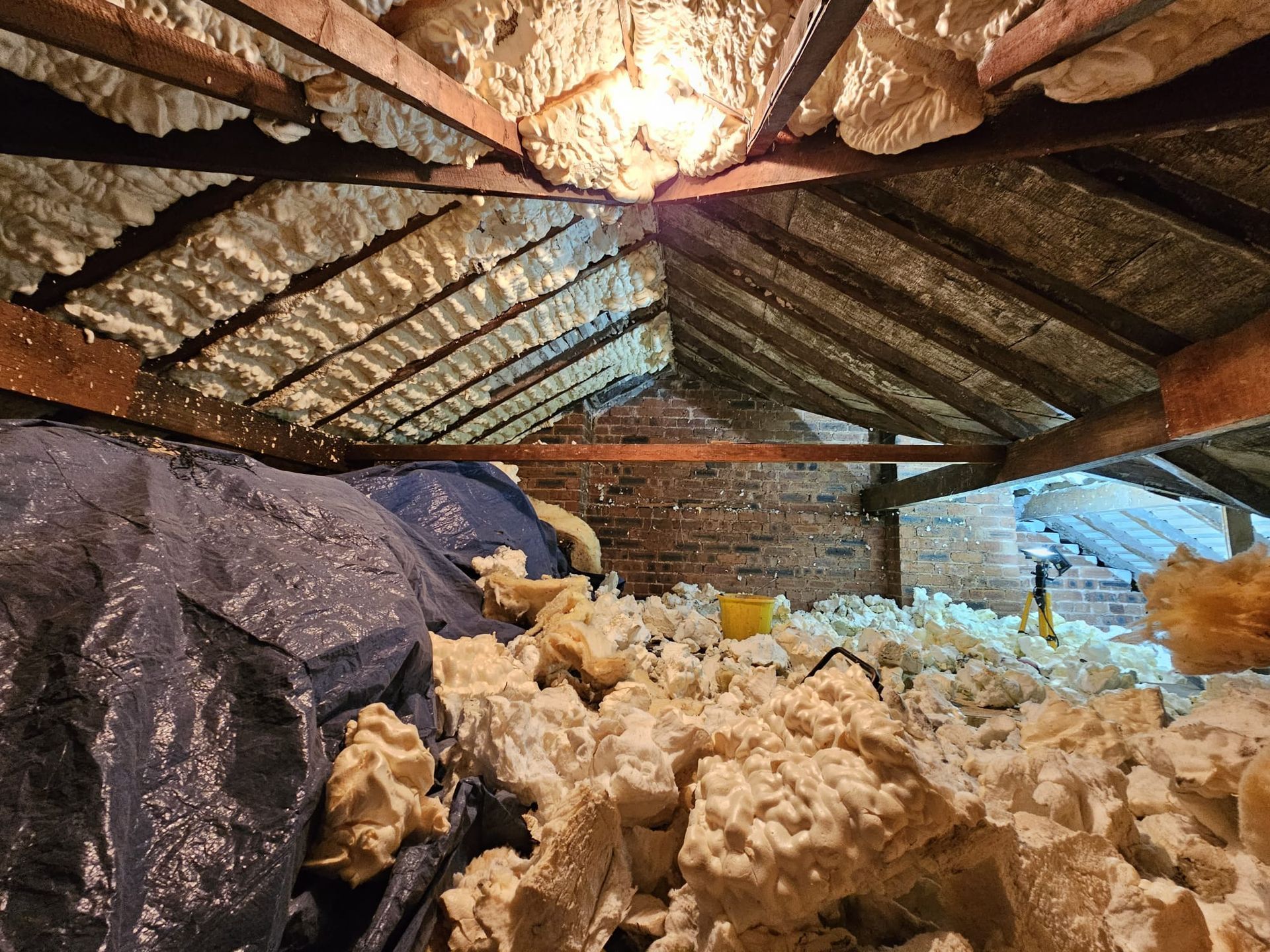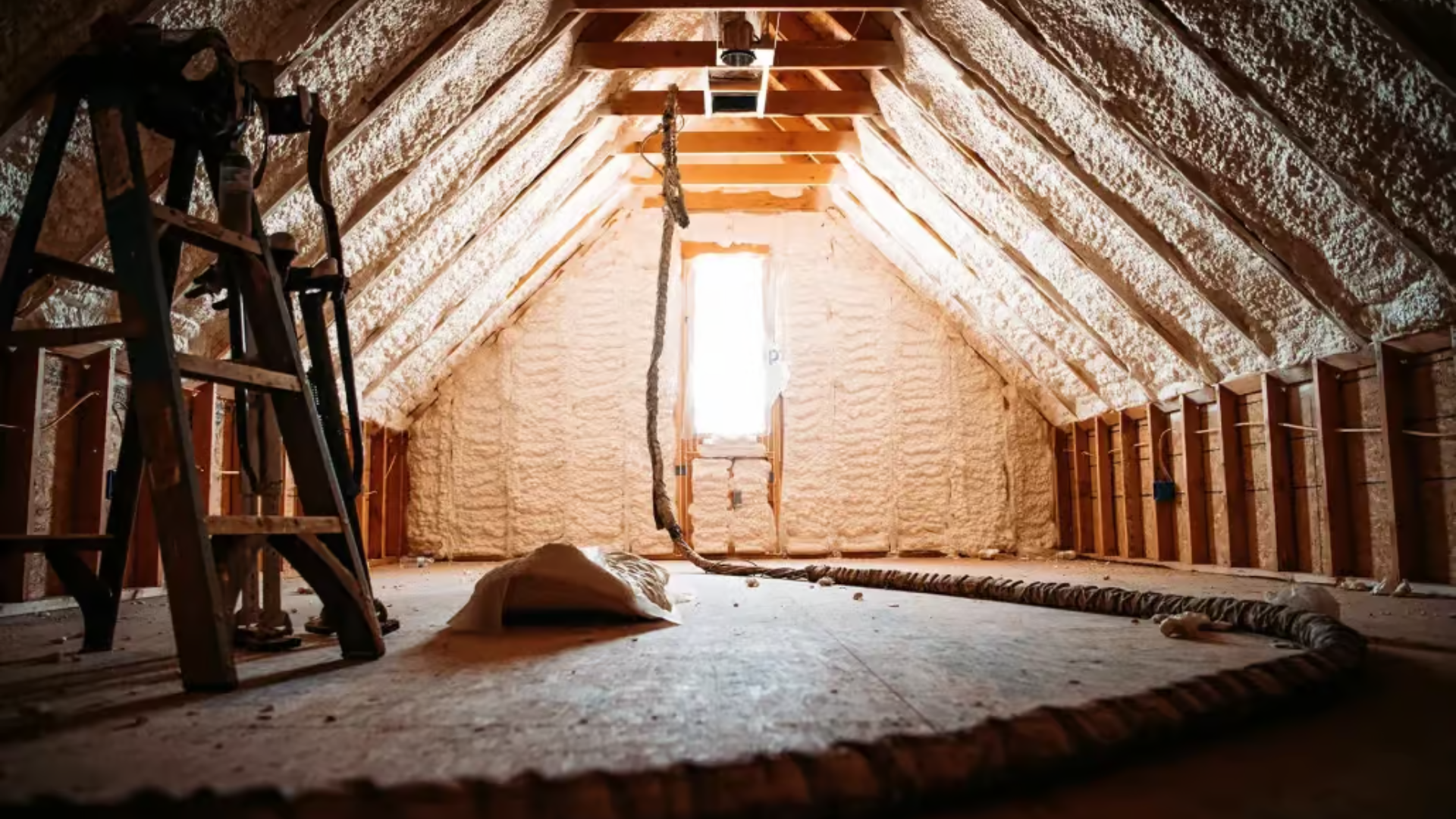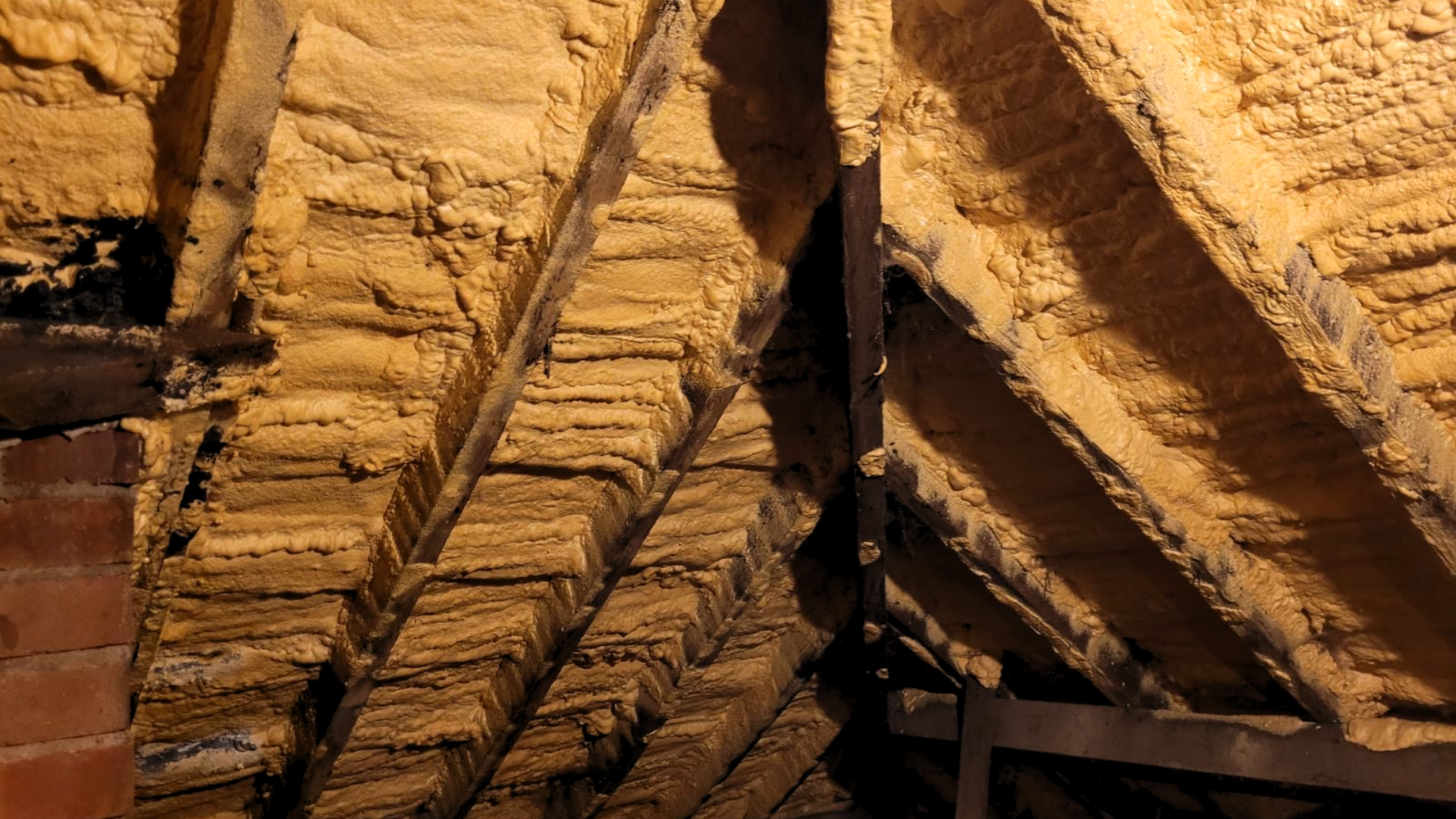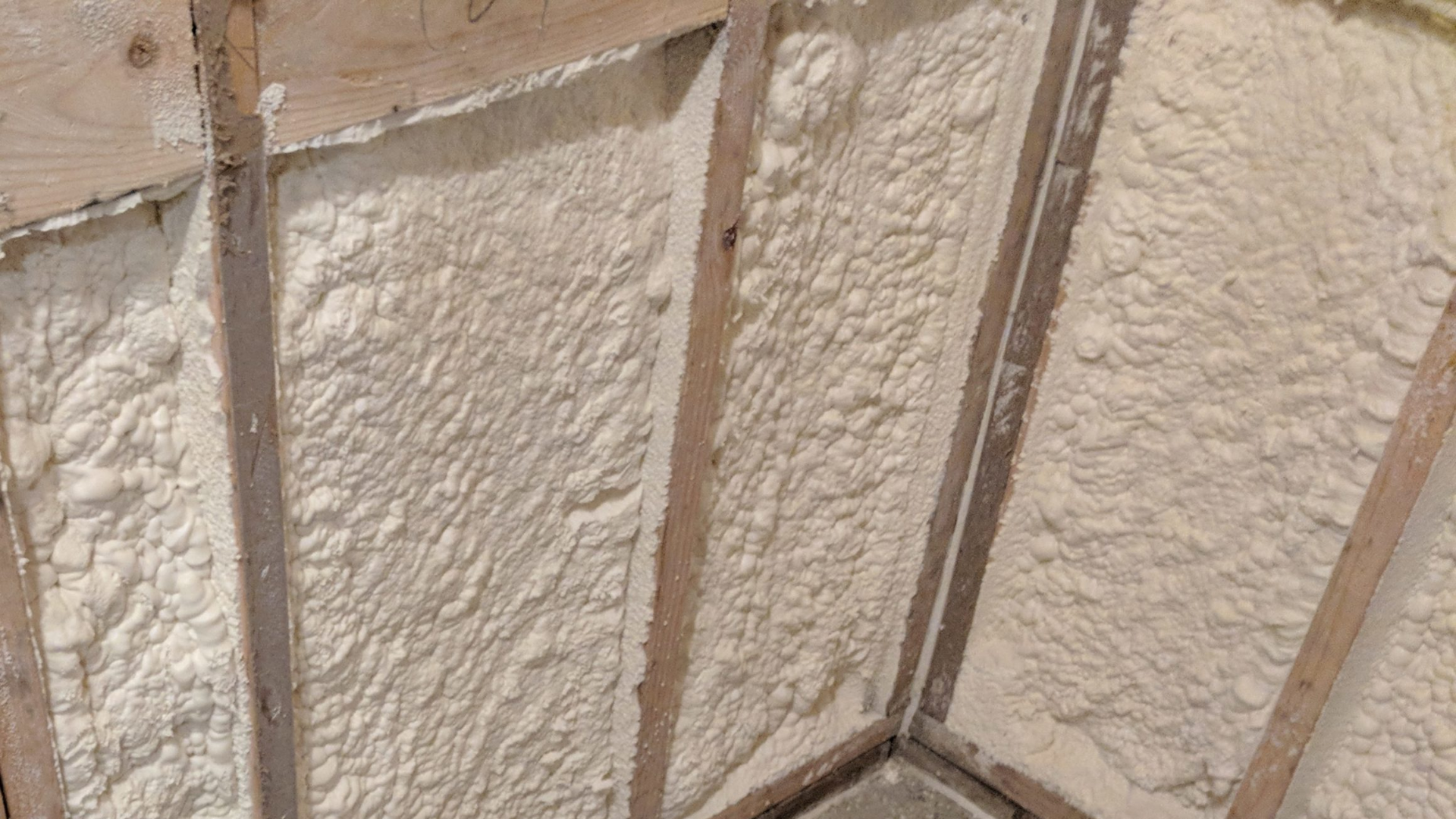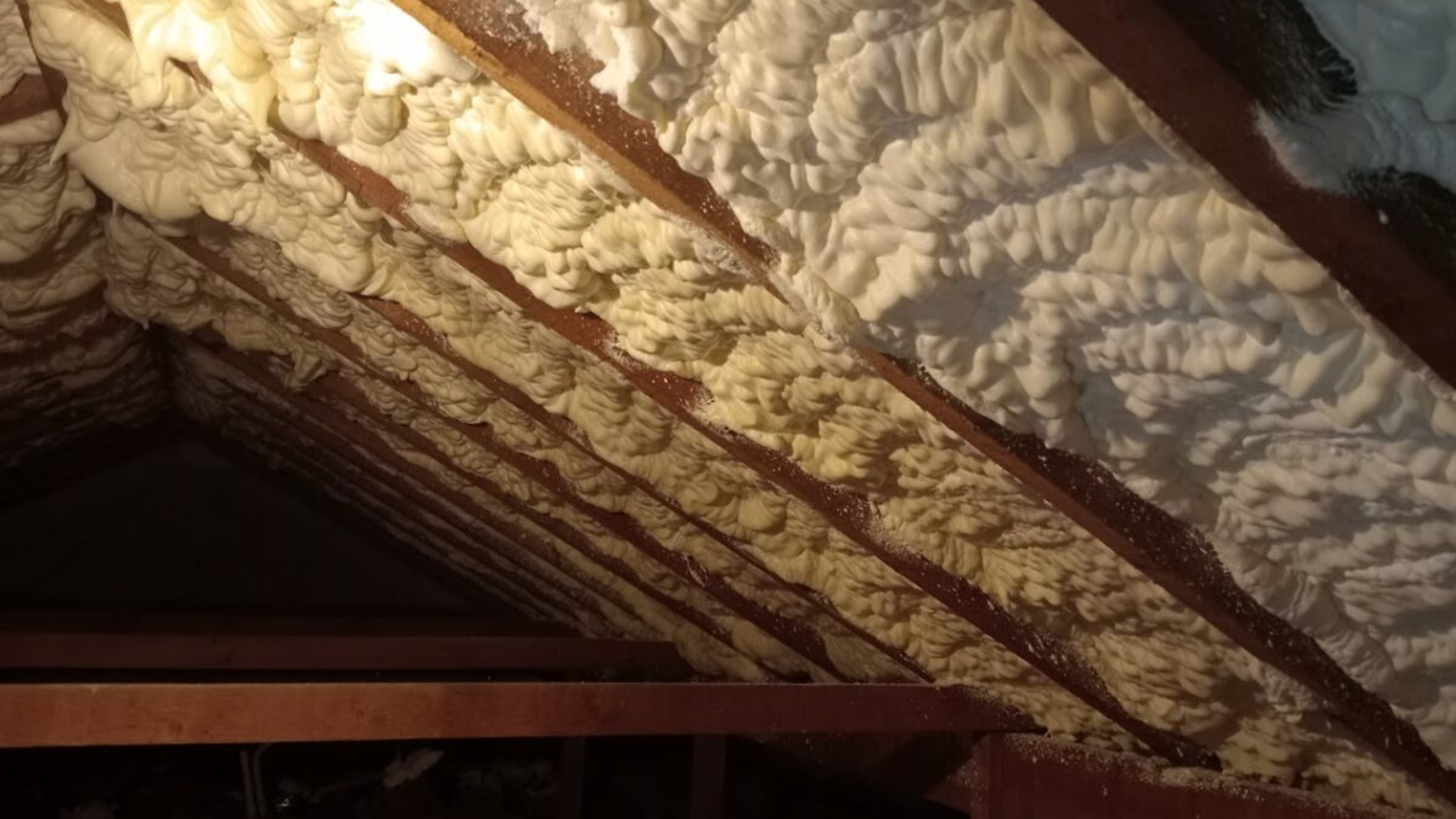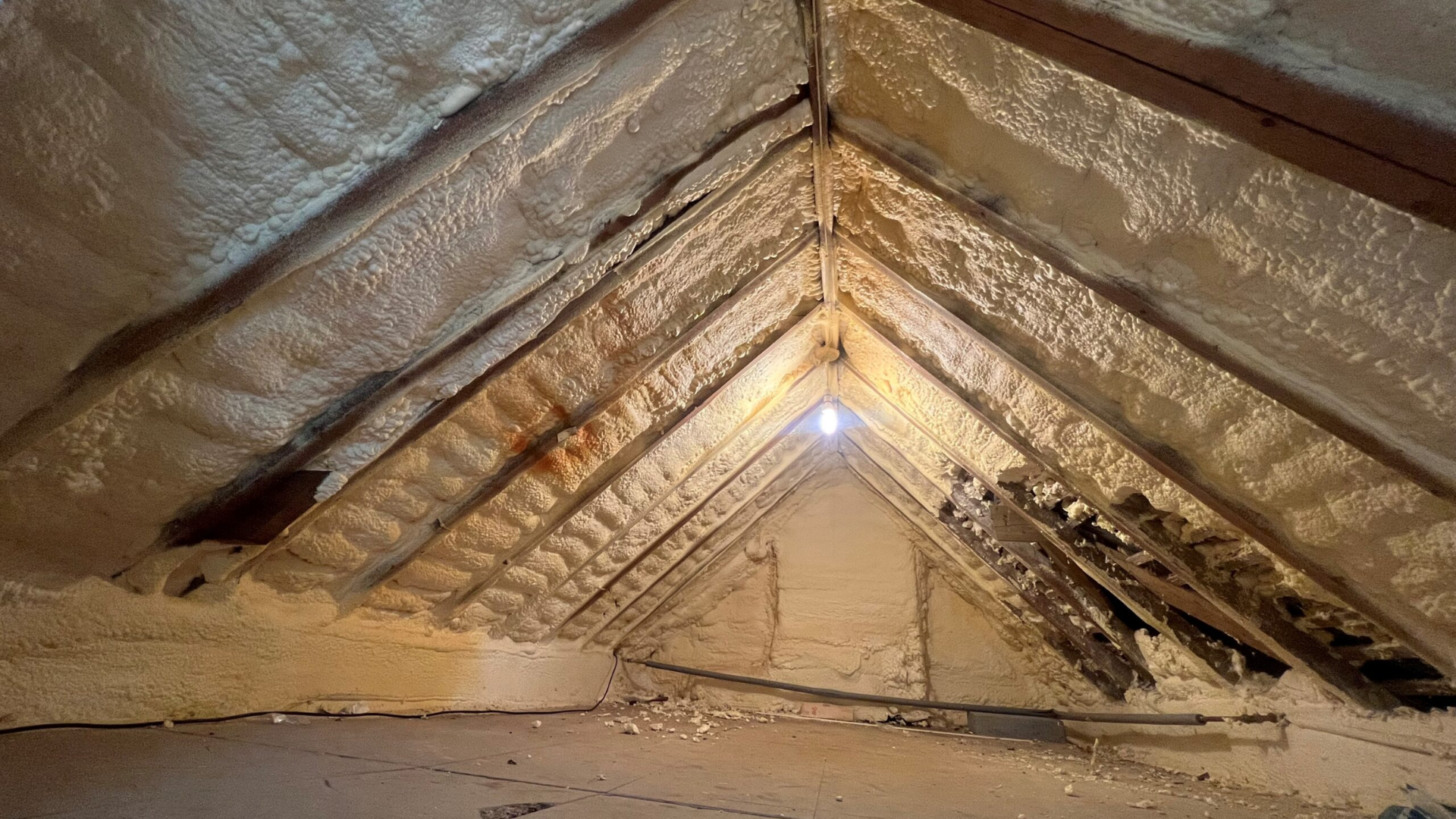WORKING HOURS | Mon - Fri 9.00 - 17.00 | Sat - Sun 10.00 - 16.00
Mortgage Challenges with Spray Foam Insulated Properties in the UK
The Process and Challenges of Removing Spray Foam Insulation in UK Homes

Welcome to Lofteaze, as the UK continues to prioritise energy efficiency and sustainability, many homeowners are exploring innovative insulation solutions like spray foam insulation. This modern method offers numerous benefits, including improved thermal efficiency, reduced energy consumption, and enhanced comfort. However, recent developments have highlighted an important issue for homeowners: mortgage bans on spray foam insulated homes.
In this blog post, we will examine the reasons behind these bans, their implications for homeowners, and potential solutions to navigate this challenge.
Please note that we are not mortgage experts or financial advisors. The following is our opinion regarding the potential impact of spray foam insulation on mortgages in the UK.
Why Mortgage Bans Exist?
Fire Safety Concerns
One of the primary reasons for mortgage bans on spray foam insulated homes in the UK is fire safety concerns. Spray foam insulation is a combustible material, and in the event of a fire, it can release toxic gases and contribute to the rapid spread of flames. Mortgage lenders have adopted a cautious approach to mitigate the risks associated with these potential hazards.
Lack of Standardisation
Another contributing factor to mortgage bans is the lack of standardisation in the spray foam insulation industry. Unlike traditional insulation materials, spray foam is applied on-site, and the quality of installation can vary significantly. Inconsistent installation practices and inadequate training can result in insulation defects or improper application, compromising the overall performance and structural integrity of a home.
Implications for Homeowners
Difficulty in Obtaining a Mortgage
Homes with spray foam insulation may face challenges in securing mortgage financing due to the imposed bans. Mortgage lenders often require specific criteria regarding the type of insulation used in a property. Failure to meet these requirements can result in limited financing options or higher interest rates.
Decreased Property Value
The presence of a mortgage ban can negatively impact the value of a property. Potential buyers may be deterred from purchasing a home with spray foam insulation, knowing that it could limit their financing options in the future. This reduced demand can lead to a decrease in property value and potential difficulties when trying to sell the property.
Navigating the Challenge
While mortgage bans on spray foam insulated homes present challenges, there are potential solutions for homeowners:
Seek Alternative Insulation Options
Homeowners can explore alternative insulation options that are more widely accepted by mortgage lenders. Traditional insulation materials such as fibreglass or mineral wool are commonly accepted and may not face the same restrictions as spray foam insulation. Consulting with insulation professionals can provide insights into suitable alternatives that meet both energy efficiency and mortgage requirements.
Professional Assessment and Certification
Engaging a professional insulation contractor who is certified and experienced in spray foam installation can make a significant difference. A qualified contractor will ensure proper installation techniques, adhere to safety guidelines, and provide the necessary documentation and certifications to assure mortgage lenders of the insulation's quality and compliance.
Open Communication with Mortgage Lenders
Maintaining open communication with mortgage lenders is crucial. Homeowners should inform lenders about the type of insulation installed and provide any relevant certifications or reports from insulation professionals. Demonstrating an understanding of the concerns associated with spray foam insulation and highlighting proactive steps taken to mitigate risks can help alleviate lenders' apprehensions.
What to do next?
Mortgage bans on spray foam insulated homes in the UK are driven by fire safety concerns and the lack of standardisation in the industry. While these bans present challenges for homeowners, there are strategies to navigate this issue effectively. Exploring alternative insulation options, working with certified professionals, and maintaining open communication with mortgage lenders can help homeowners overcome obstacles and ensure a smooth mortgage process. By understanding the reasons behind the bans and taking proactive measures, homeowners can strike a balance between energy efficiency and mortgage financing requirements in their quest for sustainable and comfortable homes.
Remember, it is always important to consult with experts in the field, such as insulation contractors and mortgage advisors, to stay informed about the latest regulations and requirements. By staying proactive and informed, homeowners can make informed decisions about insulation choices and successfully navigate the mortgage process.
As the UK continues its commitment to sustainability and energy efficiency, it is crucial for homeowners to be aware of the mortgage bans on spray foam insulated homes. While these bans may pose challenges, they also present opportunities to explore alternative insulation options and engage in open communication with mortgage lenders. Ultimately, the goal is to strike a balance between energy efficiency and mortgage requirements, ensuring a safe and comfortable home while maintaining a smooth mortgage process.
Your home is a valuable asset, and investing in the right insulation solution is key to its long-term value and sustainability. Stay informed, seek professional guidance, and make well-informed decisions to create a home that is both energy-efficient and mortgage-friendly.
To have your spray foam insulation removed from your home, please head to our
contact page today to book a FREE consultation.
Book an appointment
We will get back to you as soon as possible.
Please try again later.
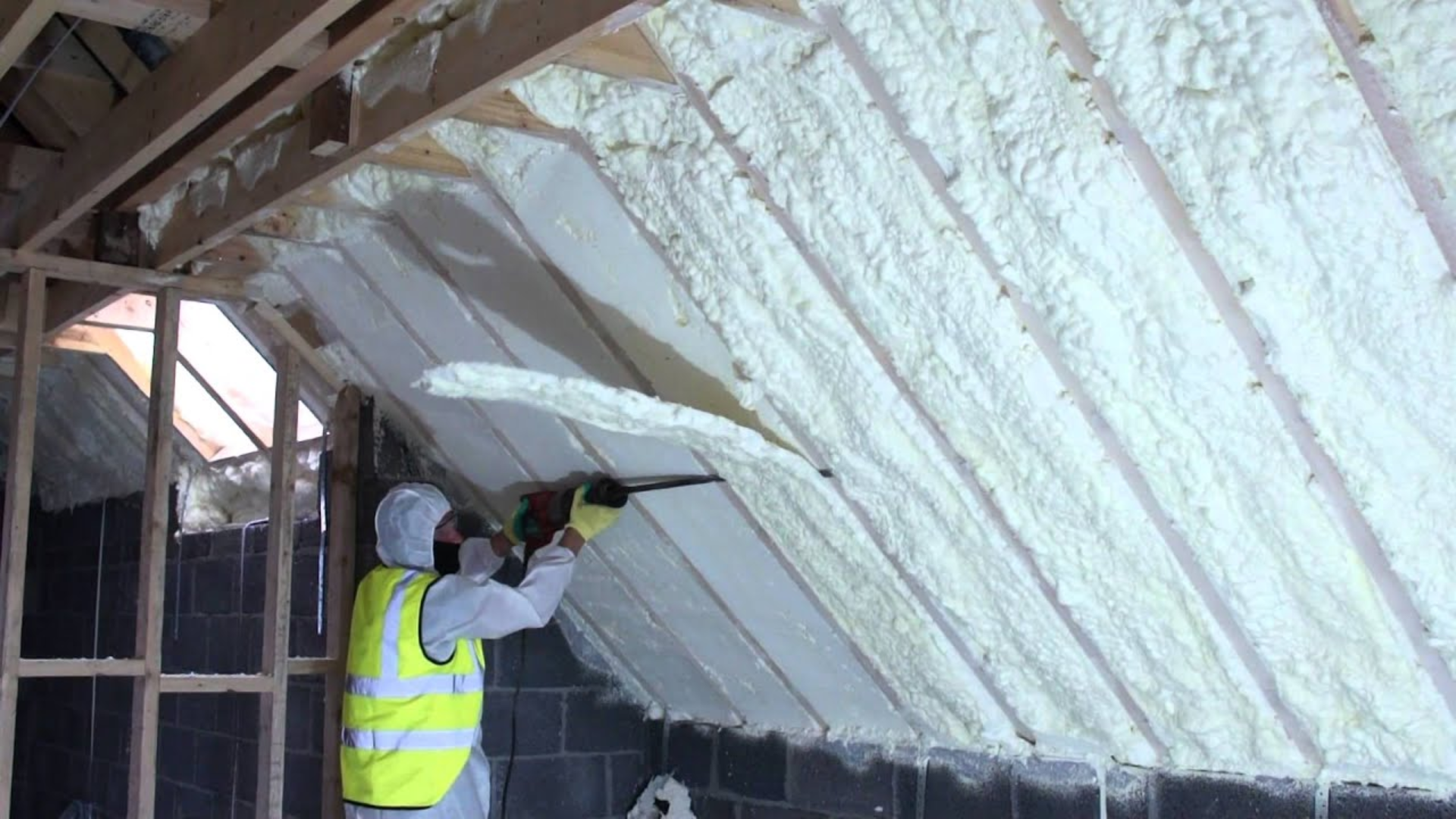
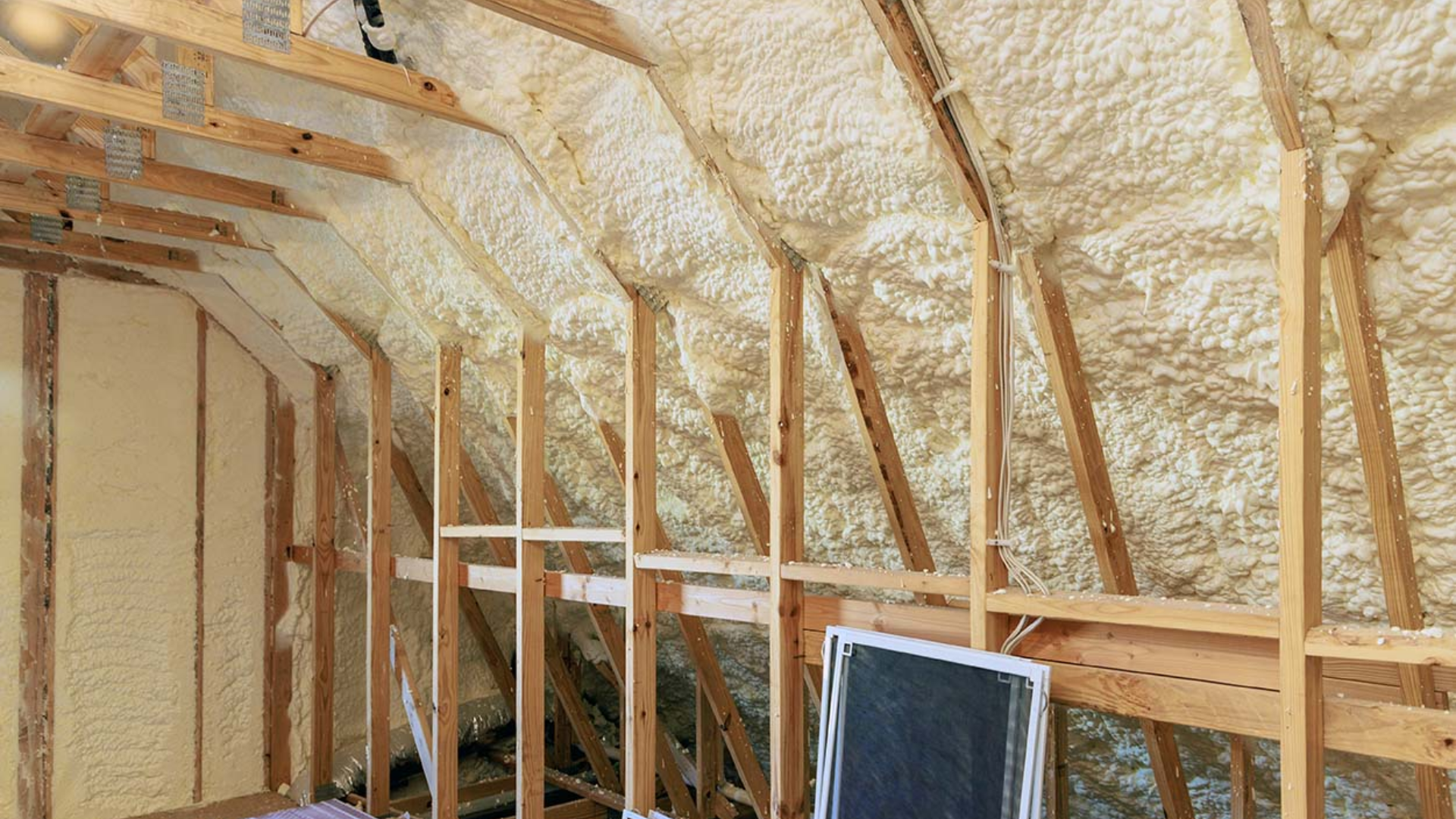
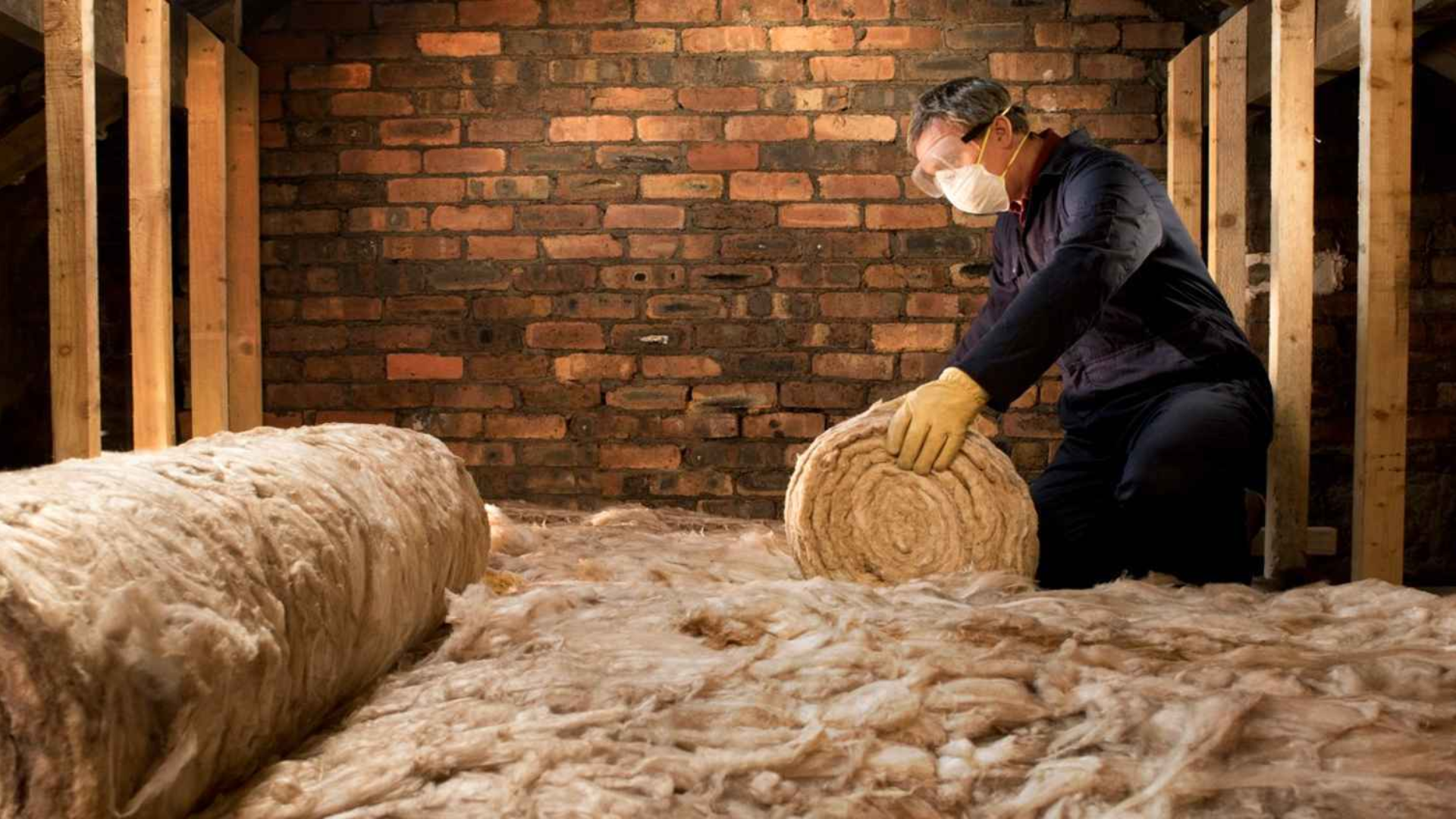
by SEO Local Services Ltd All Rights Reserved | LoftEaze

